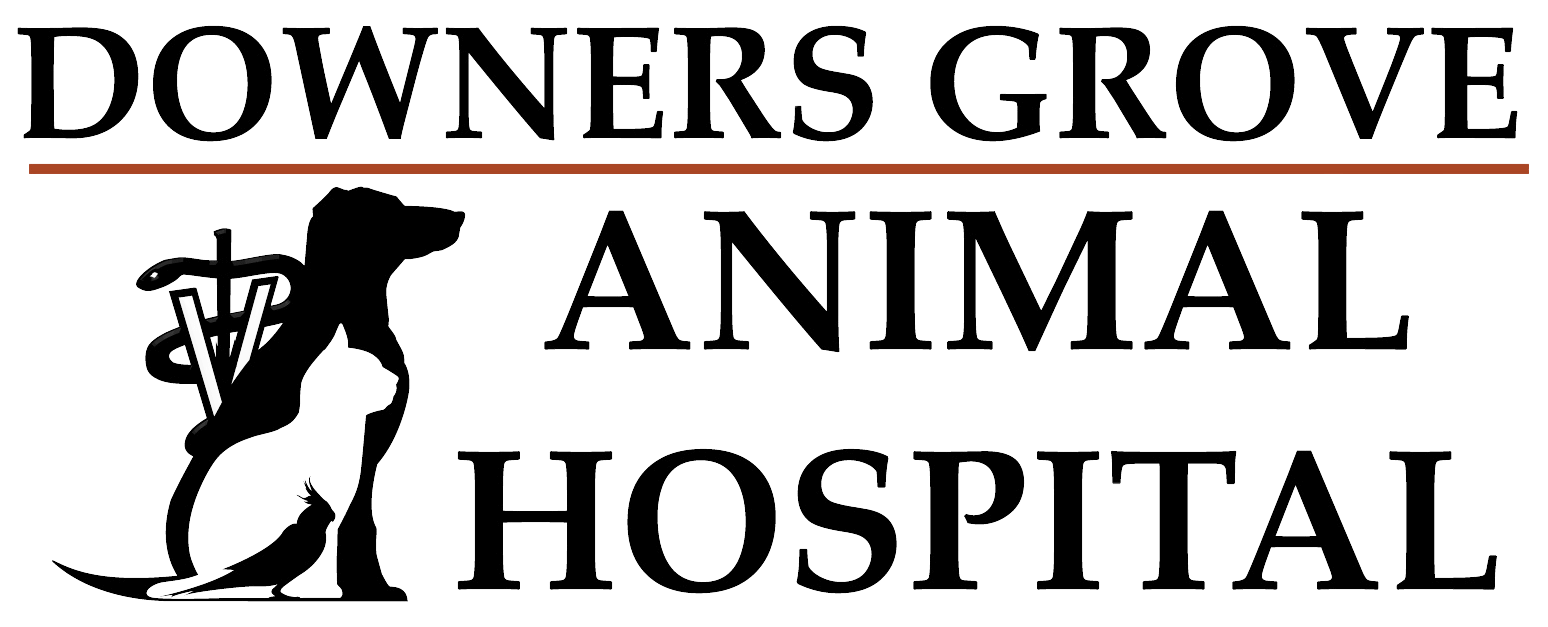The first year is critical to your kitten's develoment. At the end of the first year he will be considered a young adult. That's why it is especially important to feed a high quality food to your kitten. The best nutrition possible is needed to build strong bones, good muscles, a well-developed nervous system, and provide the energy needed during that first year.
The kitten's normal weight practically triples during his first three weeks of life. In his first 20 weeks, a kitten can have a 2,000 percent increase over his birth weight. At 26 weeks, the visible growth rate starts to level off, and he may look like an adult cat but the kitten continues to develop. His bones become stronger and his body fills out until he is one year old. It is important to use a food specially formulated for kittens because development requires specific levels of protein, calcium, iron, phosphorous, and many other nutrients as a part of a complete and balanced diet.
Supplementation of the food can upset the nutrient balance. Too much of anything can be harmful, and often leads to other health problems. Do not feed additional supplements unless your veterinarian recommends it.
It is important to read the food label before feeding. The label provides a guaranteed nutrient analysis and ingredient list. It states the minimum levels of crude fat and protein and the maximum amounts of crude fiber and moisture. The label should indicate whether the product provides complete and balanced nutrition and is adequate for all life stages or for just a particular life stage, such as "kitten" or "adult". Products that claim to be appropriate for all life stages are generally inferior to those that target a certain life stage. The label will have an AAFCO statement that substantiates its claim for nutritional quality. The AAFCO statement should indicate if the product has undergone actual feeding studies. Products that claim nutritional balance based on comparative or nutritional analysis are generally inferior to products that have undergone actual feeding trials. If the pet food does not provide complete and balanced nutrition, the label must read, "not to be fed as a sole diet", or words with similar meaning.
Feeding recommendations:
- Place your kitten's food and water dishes away from foot traffic and noise, in a place, which is comfortable and easy for him to reach. Putting newspapers or a plastic mat under the dishes will make cleanup easier. Feed in the same place all the time. Do NOT change the location unless absolutely necessary.
- Always keep clean, fresh water available. Change the food and water daily. Keep food and water dishes clean.
- Establish a routine so that your kitten is fed at the same time every day. Give him three (3) meals a day, if at all possible until he is six months old. At 6 months, your pet will closely resemble adult size, but don't be misled. He is still growing. Now he can be fed only twice daily, but be sure to continue the kitten diet until one year of age.
- It is acceptable to feed only dry food during the first few months if it is softened with water. However, it is also acceptable to feed either canned food or a mixture of dry and canned food.
- By the time he is seven (7) months old, most of your kitten's permanent teeth should have grown in. One of the advantages of feeding dry food, apart from the convenience, is that dry food can help decrease the rate of tartar accumulation on the teeth.
- For a proper feeding program, use only high quality commercial foods and use the package directions for the amounts recommended for the various age levels as a starting point. Be aware that most animals do not need to eat as much as the manufacturer recommends.
- Make any changes in foods gradually by mixing the old and new food over a 7-10 day period to avoid gastrointestinal upsets. Cats do not require a variable diet, and fewer problems occur when the same food is fed all the time.
What Not To Feed Your Kitten:
- Bones
- Table scraps
- Puppy or dog food
- Foods known to cause health problems, such as chocolate, onions, etc.
When in doubt, ask your veterinarian for the best answers to anything you want to know about nutrition for your pet.
